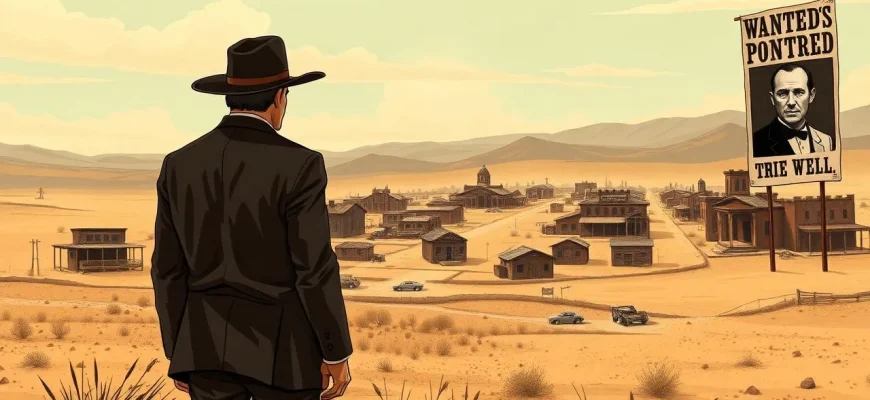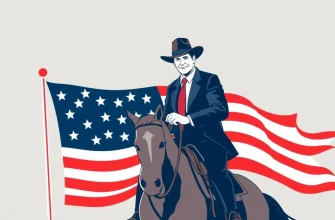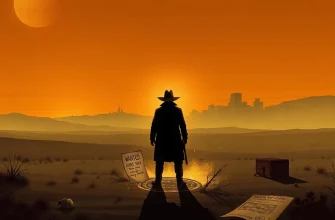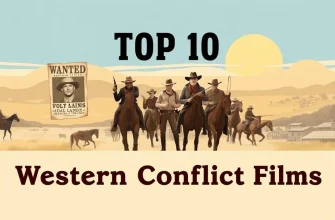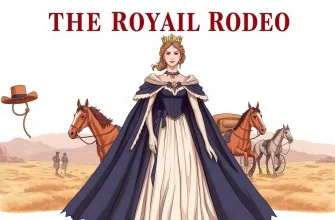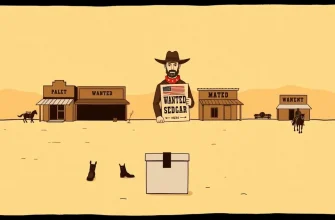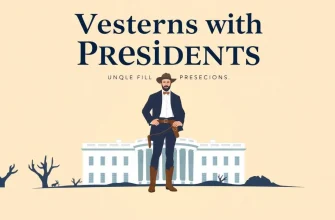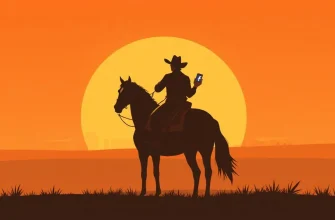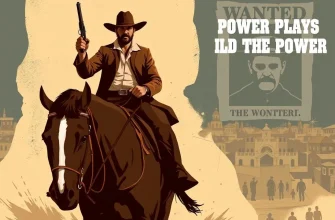The Wild West is often portrayed as a lawless land where justice is served by the barrel of a gun. However, beneath the dust and tumbleweeds, there's a rich tapestry of political intrigue, power struggles, and the quest for control. This curated collection of Western films delves into the political undercurrents of the frontier, offering viewers a unique perspective on how politics shaped the West. From corrupt sheriffs to land barons, these films showcase the complex interplay between law, order, and ambition in the untamed territories.

The Ox-Bow Incident (1943)
Description: A stark examination of mob justice and the political dynamics of a small Western town, this film questions the morality of vigilante justice.
Fact: The film was based on a novel by Walter Van Tilburg Clark and was nominated for an Academy Award for Best Picture.
 Watch Now
Watch Now 
High Noon (1952)
Description: While primarily a tale of personal courage, "High Noon" also reflects on the political climate of the McCarthy era, with its themes of standing alone against a corrupt system.
Fact: The film was shot in real-time, with the entire story unfolding in the span of 85 minutes, mirroring the actual time on the clock in the film.
 Watch Now
Watch Now 
The Man Who Shot Liberty Valance (1962)
Description: This classic Western explores the myth-making and political maneuvering in the Old West, focusing on the rise of a senator whose reputation is built on a lie.
Fact: John Wayne and James Stewart both star in this film, making it one of the few times these two legends shared the screen. The film was also one of the first to challenge the traditional heroic narrative of the Western genre.
 Watch Now
Watch Now 
The Wild Bunch (1969)
Description: This film portrays the end of the Old West, with outlaws facing off against corrupt lawmen and railroad barons, highlighting the political shifts of the time.
Fact: The film was highly controversial upon release for its graphic violence but is now considered a landmark in the Western genre.
 Watch Now
Watch Now 
The Outlaw Josey Wales (1976)
Description: This film delves into the politics of post-Civil War America, with a Confederate soldier turned outlaw navigating a world of shifting allegiances.
Fact: The film was directed by and stars Clint Eastwood, who also co-wrote the screenplay.
 Watch Now
Watch Now 
Unforgiven (1992)
Description: Clint Eastwood's masterpiece examines the corrupt politics of a small town and the moral complexities of revenge and justice.
Fact: Eastwood won the Academy Award for Best Director and Best Picture for this film, making it one of the most acclaimed Westerns of all time.
 Watch Now
Watch Now 
The Claim (2000)
Description: Set in the Sierra Nevada mountains, this film explores the political and economic power struggles in a mining town, reflecting on themes of greed and redemption.
Fact: The film was shot in Canada, and its setting was inspired by the California Gold Rush.
 Watch Now
Watch Now 
The Proposition (2005)
Description: Set in the Australian Outback, this film deals with themes of law, order, and the politics of colonial rule, making it a unique entry in the Western genre.
Fact: Nick Cave wrote the screenplay, and the film features a haunting score by Warren Ellis and Nick Cave.
 Watch Now
Watch Now 
The Assassination of Jesse James by the Coward Robert Ford (2007)
Description: While not strictly about politics, this film examines the myth of Jesse James and how his legend was used and manipulated for political gain in the post-Civil War era.
Fact: The film's title is the longest in the history of cinema. It was also shot in Canada, standing in for the American West.
 Watch Now
Watch Now 
The Ballad of Buster Scruggs (2018)
Description: An anthology film by the Coen Brothers, this movie includes a segment titled "The Gal Who Got Rattled," which delves into the politics of land ownership and survival in the West.
Fact: The film was originally conceived as a six-part TV series but was later released as a feature film. It was nominated for three Academy Awards.
 30 Days Free
30 Days Free 
